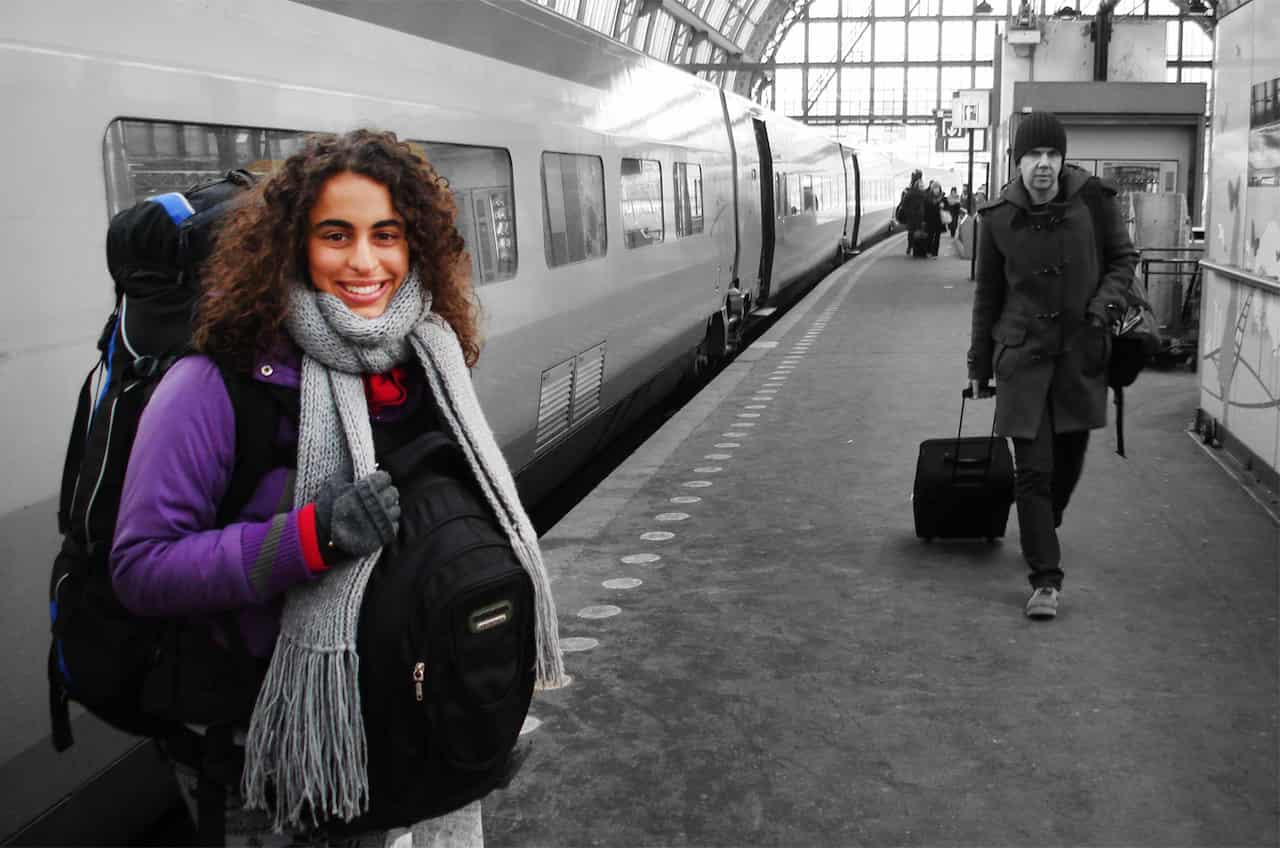People have long romanticized backpacking as a carefree and adventurous way to explore the world. Images of picturesque landscapes, exotic cultures, and life-changing experiences often dominate the narrative surrounding this style of travel. However, beyond the Instagram-worthy moments and inspirational travel quotes lies a more complex reality that every aspiring backpacker should know. In this article, we’ll look at the realities of backpacking travel, both the challenges and the rewards, to help you embark on your journey with a more grounded perspective.
The Unglamorous Side Of Budget Accommodations
One of the defining aspects of backpacking is the reliance on budget accommodations, such as hostels, guesthouses, or camping. While these options can be cost-effective and provide opportunities for social interaction, they also come with their fair share of challenges. Sharing a dormitory with strangers means compromising privacy, dealing with varying cleanliness levels, and potentially encountering disruptive or inconsiderate roommates.
Sleepless nights caused by snoring, late-night arrivals, or early-morning departures are expected. Furthermore, budget accommodations may lack amenities that many travelers take for granted, such as air conditioning, reliable Wi-Fi, or private bathrooms. Adapting to these conditions can be an adjustment, especially for those accustomed to more comfortable living arrangements.
Backpacking often involves a lot of movement, with frequent changes in location, long travel days, and a constantly evolving itinerary. The thrill of spontaneity can also strain the body and mind. Carrying a heavy backpack, navigating unfamiliar public transportation systems, and dealing with jet lag or travel fatigue can be physically exhausting.
The lack of a stable routine, irregular sleep patterns, and dietary changes can affect overall well-being. Moreover, the mental demands of constant decision-making, problem-solving, and adapting to new environments can sometimes be overwhelming. Homesickness, loneliness, or culture shock can also contribute to emotional challenges during the journey.
How To Master Budgeting And Financial Management
One reality of backpacking is the need for careful budgeting and financial management. While traveling on a shoestring can lead to creative and memorable experiences, it also requires discipline and sacrifice. Sticking to a tight budget means making tough choices, such as skipping certain activities, eating street food instead of dining in restaurants, or opting for more extended and less comfortable transportation options to save money. Unexpected expenses, such as medical emergencies, travel delays, or lost or stolen belongings, can strain a backpacker’s finances. While a contingency fund and travel insurance can offer a safety net, it’s crucial to anticipate potential financial setbacks.
The Challenges Arise From Cultural Differences And Language Barriers
Backpacking often involves immersing oneself in new cultures and navigating language barriers. While this can be a rewarding and eye-opening experience, it can also present challenges and misunderstandings. Cultural norms, customs, and values can vary significantly from one’s own, leading to confusion, frustration, or even unintentional offense.
Adapting to different communication styles, social expectations, and ways of life requires patience, open-mindedness, and a willingness to learn. Language barriers can make simple tasks, such as ordering food, asking for directions, or making travel arrangements, more complex and time-consuming. While learning basic phrases and using translation apps can help, there will be moments of miscommunication and confusion.
The Benefits Of Personal Growth And Meaningful Connections Are Numerous
Despite the challenges, backpacking travel offers incredible opportunities for personal growth and meaningful connections. Stepping out of one’s comfort zone, facing adversity, and navigating unfamiliar situations can foster resilience, adaptability, and self-discovery. Backpacking often attracts like-minded individuals from diverse backgrounds, creating a unique social environment.
Hostel standard rooms, group tours, and chance encounters can lead to friendships that span continents and last a lifetime. Engaging with local communities, learning about different ways of life, and gaining new perspectives can broaden one’s worldview and foster cross-cultural understanding. The moments of connection, whether with fellow travelers or locals, can be some of the journey’s most memorable and transformative aspects.
It’s Crucial To Have Realistic Expectations And Prepare Thoroughly
To make the most of the backpacking experience, it’s crucial to approach it with realistic expectations and thorough preparation. Romanticizing the journey or underestimating the challenges can lead to disappointment or frustration. Researching the destinations, understanding the logistics of budget travel, and packing appropriately can help mitigate some obstacles.
Building mental and emotional resilience, practicing self-care, and maintaining a positive attitude can also create a more enjoyable and fulfilling experience. It’s important to remember that backpacking is not a one-size-fits-all experience. What works for one traveler may not work for another. Being honest about one’s preferences, limitations, and travel style can help tailor the journey to individual needs and desires.
Conclusion
Backpacking travel is a unique and transformative way to explore the world, but it is not without challenges. Aspiring backpackers can embark on their journeys with a more grounded and prepared mindset by unveiling the realities behind the romanticized image. Embracing the unglamorous aspects of budget accommodations, navigating the physical and mental demands of constant travel, mastering the art of budgeting, and overcoming cultural differences and language barriers are all part of the authentic backpacking experience.
At the same time, the rewards of personal growth, meaningful connections, and life-changing experiences make the challenges worthwhile for many travelers. With realistic expectations, thorough preparation, and an open mind, backpacking can be an incredible way to discover the world and oneself. When you’re ready to leave your comfort zone, embrace the unknown, and create your travel story, backpacking may be the proper adventure. You’ll have an unforgettable journey if you approach it with honesty, resilience, and humor.





